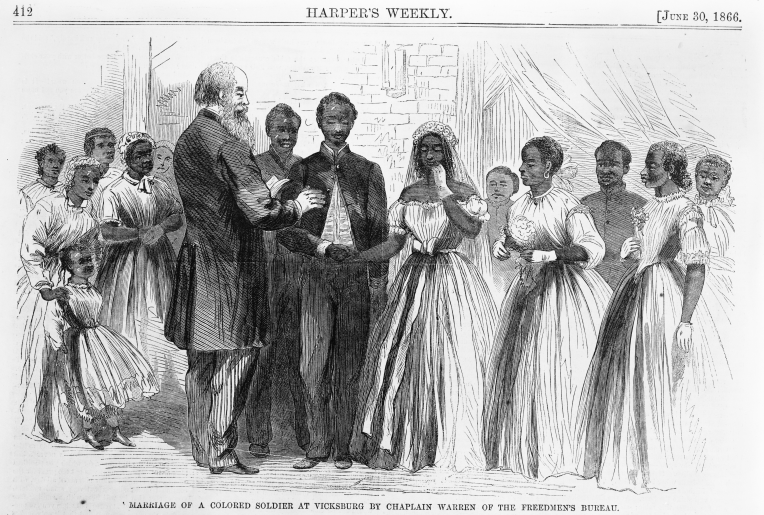|
This week, The Daily Princetonian (Princeton University's campus newspaper) published an article recognizing the 10-year anniversary of The Princeton & Slavery Project -- which means it's my 10-year work anniversary too. I've been involved with the project since it was founded as a single undergraduate research seminar taught by Princeton history professor Martha Sandweiss, first as a researcher and writer and now the project's editor and project manager.
From that first course in 2013, the project has expanded into a major digital history initiative, with all of our findings fully accessible to the public on our website. There, you'll find a digital archive of 400+ primary sources and more than 100 interpretive essays investigating Princeton University's historical links to the institution of slavery.
0 Comments
Next week, I will be providing expert public comment at the first session of the New Jersey Reparations Council. This is a virtual meeting, open to the public, and anyone can watch on the New Jersey Institute for Social Justice's YouTube channel next Tuesday, September 16, at 6:30 PM (ET). I've worked on The Princeton & Slavery Project since 2013, so I've spent the last decade learning and writing about the history of slavery in the North -- but it wasn't something I got much of in high school or college. Slavery is often portrayed (in popular culture and the classroom) as a strictly southern institution. That's far from the case, and it's why we need informed conversations like the upcoming NJ Reparations Council meeting. Whether you plan to attend the session or not, I highly recommend The Price of Silence: The Forgotten Story of New Jersey's Enslaved People to anyone interested in learning more about slavery in the "free" states. I'm fortunate to have contributed to the film, and am delighted that it was recognized with a NY Emmy nomination this year. The full 30-minute documentary is free to watch on YouTube or the PBS website. I got a big surprise this summer when I learned that the Society of Civil War Historians had named Happy Dreams of Liberty the winner of their 2023 Tom Watson Brown Book Award. Part of the surprise came from the fact that this is an award for "the best book published on the causes, conduct, and effects, broadly defined, of the Civil War," and I hadn't really thought of my book as a Civil War story. Happy Dreams of Liberty focuses on the lives of the Townsend family under slavery, through their emancipation in 1860 (shortly before the Civil War), and in their struggle for freedom and equality across the country in the decades after. One of the Townsends, Charles Osborne, did enlist in the Union Army during the war, but he served as a clerk and quartermaster in Union-occupied Vicksburg for just a year. His experience of wartime wasn't blood and battles; it was paperwork and patrol duty. The other Townsends spent the war farming, teaching, marrying, and raising families. The war itself takes up only a few pages in the entire book. "Marriage of a Colored Soldier at Vicksburg," Harper's Weekly, 20 June 1866. Courtesy of the Library of Congress.
The illustration above depicts a Freedmen's Bureau chaplain marrying an African American soldier and his bride. Processing paperwork for legal marriages -- which were denied enslaved people -- would have been one of Charles Osborne Townsend's tasks as a clerk in Vicksburg. |
Blog byAward-winning author and historian of slavery R. Isabela Morales Archives
December 2023
Categories
All
|

 RSS Feed
RSS Feed